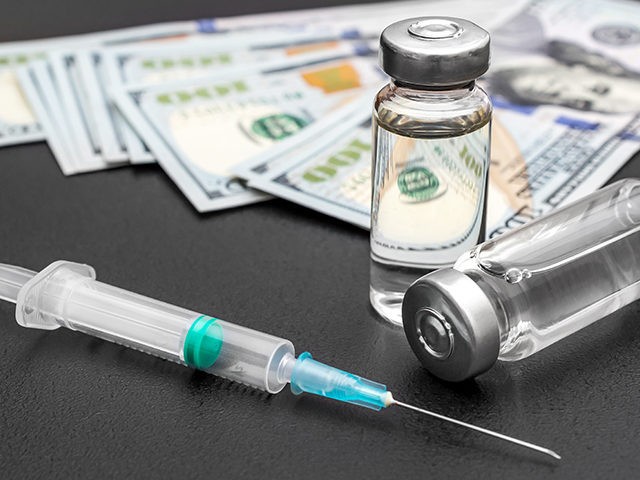Congressional Democrats are desperate for legislative victories heading into an ominous election season. They think they’ve seized on a winner with a bill that passed the House of Representatives this month to cap the patient cost of insulin at $35 per month.
The Affordable Insulin Now Act taps into American diabetics’ frustration with runaway insulin bills. Nearly 35 million Americans have diabetes, almost 10 million of whom use insulin to manage their condition. According to an analysis by the American Action Forum, insulin list prices increased by an average of 11 percent per year between 2001 and 2018.
While this legislation is long on style, it’s short on substance. Rather than addressing the root causes of outrageous insulin sticker prices, it simply transfers the cost to employers, insurers, and taxpayers by requiring them to make up the difference between the actual insulin cost and the $35 that patients pay. Guess who ultimately pays that price? Despite House Speaker Nancy Pelosi’s claim that this bill is an “important step in the fight to bring down drug prices,” it does nothing to lower overall insulin costs.
While diabetics may receive some initial cost relief, they will pay for it in other ways. For instance, insurance companies will pass along their insulin costs beyond $35 a month to patients by way of higher monthly premiums and co-payments. Employers, who provide health coverage for most Americans, will offset the costs associated with this price cap by reducing employee wage increases and benefits. Some employers will join the small business exodus from health insurance benefits altogether. Taxpayers will be on the hook for increasing premiums in the heavily government-subsidized Obamacare exchanges.
In short, price controls are a blunt approach to a complex problem, and they create unintended consequences that can exacerbate the problems they’re trying to solve. The bill also does nothing for the roughly 600,000 diabetics who are uninsured.
A better alternative would tackle one underlying driver of insulin cost increases: pharmacy benefit managers. PBMs are insurance company-affiliated middlemen in the prescription drug supply chain that are the main culprit for rising medication prices such as insulin. They demand drug makers pay enormous rebates—around 50 percent of a drug’s cost—to secure a spot on insurers’ formularies (the lists of drugs they cover). These rebates get added to the overall cost of a drug, dramatically raising the price tag for patients.
This pay-for-access prescription drug market is responsible for much of the increasing cost of medications Americans face. A 2020 study by the IQVIA Institute for Human Data Science finds that net drug prices, which exclude rebates, have declined for several years even as list prices have increased along with rebates.
The divergence between list and net prices is especially evident with insulin. A recent JAMA study concludes that net insulin prices fell by more than 30 percent since 2014, while list prices rose by 40 percent due to rebates. Drawing on a 2021 Senate Finance Committee drug pricing report, the nonprofit drug research organization 46Brooklyn determines that rebates can make up 80 percent ($339) of the $429 price of a box of insulin pens.
This crony drug rebate system also prevents cheaper drug options. Less expensive medications generate smaller rebates, so PBMs have a financial incentive to keep them off formularies. For instance, an unbranded insulin called insulin glargine costs costs one-third of name brand alternative. Yet it can’t succeed in the insulin market that’s monopolized by high-priced options that generate massive rebates.
If legislators want to make substantive progress on drug pricing, they’d work to streamline what former Food and Drug Administrator Commissioner Scott Gottlieb calls the “Kabuki theater” prescription drug supply chain. That means committing to substantive PBM reform, not populist price-control distractions.
Tom Price, M.D. is a former secretary of Health and Human Services and a former member of Congress. He serves as a senior healthcare policy fellow at the Job Creators Network. David Balat is the director of the Right on Healthcare initiative at the Texas Public Policy Foundation.

COMMENTS
Please let us know if you're having issues with commenting.